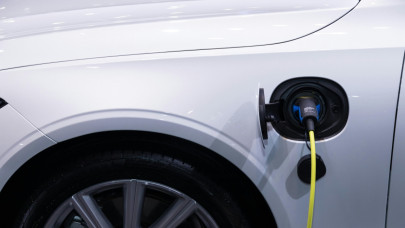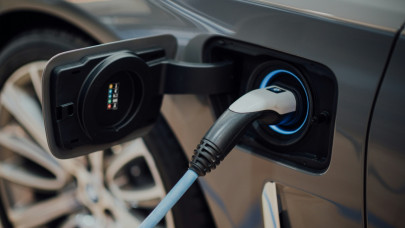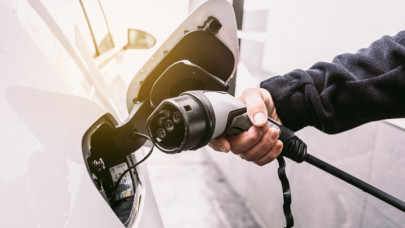"The future of e-mobility depends on sharing and standardizing data collaboratively, encouraging interoperability, and value creation. With over 75 million electric vehicles projected in Europe by 2030, the importance of data standardization cannot be overstated," according to a report by the audit and consulting company.
"In a context where each actor in the EV ecosystem generates data, this rapid volume growth will increase the importance of interoperability and information exchange," the research shows.
A new report by EY and the European energy industry body - Eurelectric, titled "How do we solve the data interoperability issue in e-mobility?" explores how data exchange in a non-discriminatory and standardized manner will contribute to improving the overall experience of electric vehicle consumers and generating value for ecosystem actors.
The report evaluates data interoperability at three main activities in e-mobility, analyzing key interactions and the current degree of data transfer maturity, and presenting opportunities and solutions.
Regarding optimizing charging stations, strategically locating charging stations ensures easy access and convenience for electric vehicle users, mitigating range anxiety, improving the driving experience, and encouraging widespread adoption of electric vehicles, the report further specifies.
In Europe, the number of public charging points increased by 40%, from approximately 530,000 in 2022 to 744,000 in 2023, but as electric vehicle adoption accelerates, there will need to be a continuous and proportional increase in the number of charging stations.
"Improving data interoperability can provide insights into where new charging stations are needed based on driver usage patterns and available network capacity, providing information for infrastructure planning and investment," the study's authors maintain.
Regarding intelligent network integration, smart charging facilitates energy optimization, allowing electric vehicles to respond to energy prices, grid capacity, and the availability of energy from renewable sources to initiate charging.
"Through information exchange between different systems and actors, charging planning can be optimized based on real-time network capacity, weather forecasts, electricity prices set according to usage time, and the needs of each driver. Data interoperability is also crucial for 'vehicle-to-grid' services, whereby electric vehicles can power the grid during peak demand periods. For this process to work optimally, there needs to be harmonization between charging stations and electric vehicles," the report further specifies.
Regarding optimized charging processes, EY consultants state that "an optimized charging process provides easy, consistent, and comfortable access to charging infrastructure across different charging networks. Data interoperability between systems contributes to a better experience for drivers, who benefit from real-time information on charging station availability, prices, and compatibility with their vehicles."













